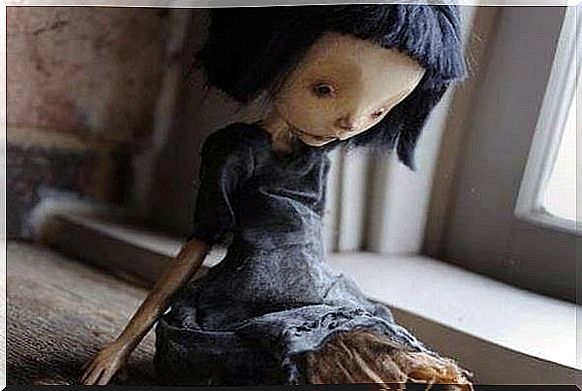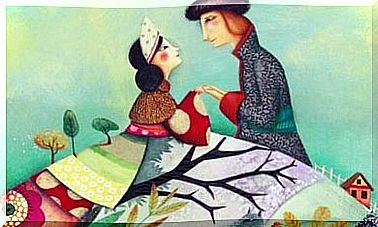Four Signs Of An Abusive Relationship

It is not easy to establish specific parameters that define an abusive relationship. In fact, the same criteria for abuse don’t apply to all relationships. But strictly speaking, abuse is when one person is coercive, aggressive, or intimidating toward another.
Abuse occurs when one person uses their position of power or dominance to control the behavior of another to meet their own needs. Abuse occurs when one person takes advantage of the emotional or physical vulnerability of another out of self-interest. Abuse also occurs when one person is dependent on another, and when that person’s dependence is used to coerce him or to restrict his freedom or actions.
Sometimes assault isn’t so obvious because it isn’t based on hitting and yelling. Sometimes it simply involves a systematic process of subversion, manipulation and blackmail, so that the person is no longer able to act, respond or decide freely. And the perpetrator justifies his behavior by claiming that he loves the victim or that he is only doing everything for the victim’s good.
But the truth is that abuse leaves scars on the heart and mind in all cases. It imbues life with fear. This is why you should be aware of the signs that you may be in an abusive relationship.
1. Anxiety: An Unmistakable Sign of an Abusive Relationship
Anxiety is probably one of the most obvious signs of an abusive relationship. Sometimes the fear is raw and evident. You become extremely tense in the presence of the other person and constantly think about the punishments or consequences you may face if you go against them.

Other times the fear is more subtle. It can manifest as an excessive need to please the other person. You don’t want to give him a reason to get angry, so you constantly think about what you can do to keep him happy.
2. Excessive control over what you do
In an abusive relationship, the victim must constantly keep the abuser informed about what he is doing, or even what he is thinking and feeling. You feel as if you cannot move or act freely without informing the other person in advance.
This control can extend to your finances, or even the way you dress and wear your hair. Practically everything you do has to get its approval, and if you don’t get it, it will be difficult for you to go through with what you want.
3. You feel guilty all the time
There is guilt in every abusive relationship. You feel incompetent and unable to defend the validity of what you say or do. Your perpetrator constantly criticizes you, and you blame yourself for this.

You may be dealing with one, or both, of the following situations. Either it seems that the other person is always right, and as if his criteria determine how good or bad each of your actions and thoughts is, or you think he is wrong, but you never dare to confront him. Both scenarios make you feel guilty. In the first case, because you do not meet his expectations. In the second case, because you can’t set boundaries.
4. The threat and coercion is constant
In an abusive relationship, the abuser is constantly forcing the other person to do things he doesn’t want to do. Perhaps the perpetrator does this through direct aggression, or perhaps through more subtle coercion and threats. It doesn’t matter how he obliges you, the important thing is that you don’t want to do it, but that you feel obliged because he puts so much pressure on you.
The culprit knows very well where his power comes from. If it is financial dependence, then his direct or indirect threats will be aimed at it. If it is the fear of being beaten, he will threaten to beat you. If he gets his power from emotional dependence, he will play with your fear of being abandoned. And so on.

If love is too small and hurts it’s not your size









